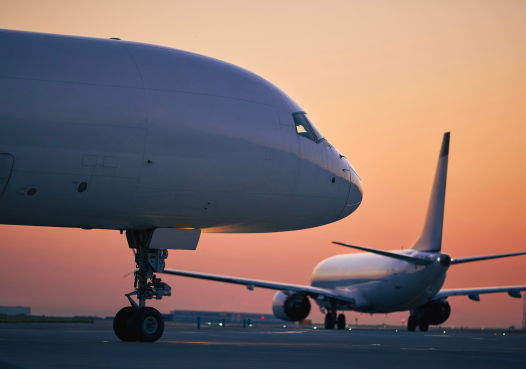EU rules on airport slot thresholds offer protection for airlines during the pandemic, with no viable reason for so-called ‘ghost flights’ says airport body

Airport trade body ACI EUROPE has today expressed dismay at the escalating industry and political rhetoric around so-called ‘ghost flights’ and reiterated its strong support for the European Commission’s position on the thresholds for use of airport slots by airlines.
The usage threshold for the current season, Winter 21, is set at 50%. This is, as the European Commission has just reiterated, a significantly lower threshold than that set under the 80/20 ‘use it or lose it’ principle applicable in normal times. It is designed to reflect the uncertainties of a badly hit market and fragile recovery for aviation.
Crucially, and as a direct result of the ongoing uncertainties posed by the pandemic, there is also in place a specific provision for what the Worldwide Airport Slot Guidelines calls “Justified Non-Use of Slots” (JNUS). Airlines can at any point present the case to their slot-coordinators for the application of this provision, allowing them to effectively use their allocated airport slots for less than 50% of the time. This provision is specifically designed to address the COVID pandemic, and covers not only outright travel bans, but also restrictions of movement, quarantine or isolation measures which impact the viability or possibility of travel or the demand for travel on specific routes.
It is therefore the case that, with a significantly reduced slot usage threshold and a specific provision for changing circumstances such as that presented by the Omicron variant, airlines are very well protected from the current uncertainties.
As a result, it is unclear why the issue of ‘ghost flights’ is now under discussion. Ghost flights are defined as those voluntarily operated by airlines exclusively for the purpose of retaining historic rights to their slots. Accordingly, ghost flights are not offered for sale, carry no passengers and generate no revenue for airlines. Conversely, flights offered for sale, carrying passengers and generating revenue for airlines cannot be considered as ghost flights. Low load factors have of course been a reality throughout the pandemic, but the retention of vital air connectivity for both economic and societal imperatives is well documented.
Olivier Jankovec, Director General of ACI EUROPE, said: “A few airlines are claiming they are forced to run high volumes of empty flights in order to retain airport slot usage rights. There is absolutely no reason why this should be the reality. As was clearly stated by the European Commission at their press briefing yesterday, slot usage rules need to achieve two things in the current circumstances. Firstly, to protect airlines from the worst of unpredictabilities which are out of all our hands. Secondly, and crucially, to also ensure that airport capacity is still used in a pro-competitive way.
The pandemic has hit us all hard. Balancing commercial viability alongside the need to retain essential connectivity and protect against anti-competitive consequences is a delicate task. We believe that the European Commission has got this right. Talk of ghost flights, and of their environmental impacts, seems to hint at a doomsday scenario which has no place in reality. Let’s stick to the vital task of recovering and rebuilding together”.

